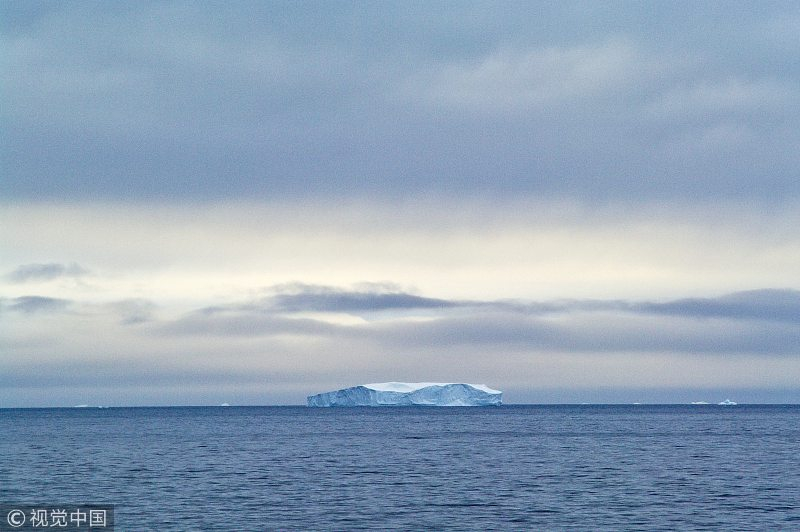
Environment
18:26, 24-Jan-2019
WEF: How far are we from achieving a clean energy transition?
CGTN

Late last year, a report by the Intergovernmental Panel on Climate Change outlined a target to limit global warming: reduce global carbon emissions to net zero by 2050. Yet, major economies are failing to meet their commitments. Experts at this year's World Economic Forum (WEF) discussed how to achieve clean and reliable energy systems while keeping global warming at a safe level.
Why do we need a energy transition?
What we know is that the world is not even remotely close to meeting the target of an average rise of 1.5 degrees Celsius, laid out by the 2015 Paris Agreement.
This year saw record high temperatures in many places across the globe, and a prolonged period of hot weather. If countries do not act, global temperatures are expected to rise by four to five degrees Celsius.

Sea level rise /VCG Photo
Sea level rise /VCG Photo
Rising temperatures have already led to extreme heat waves, sea level rise, and a higher frequency of floods. Scientists have identified that 40 percent more heat is going to head straight into our oceans, while as much as 90 percent heat has already been stored there.
"For now, the energy transition is crucial in light of the emergency," the Jules Kortenhorst, CEO of Rocky Mountain Institute said at a WEF panel session.
How far are we on the transformation path?
"We are moving to the right direction but not fast enough," Christiana Figueres, Executive Secretary of United Nations Framework Convention on Climate Change (UNFCCC) said.
Many countries have carried out ambitious actions on climate change like developing clean energy systems, improving urban planning, shifting towards more sustainable agriculture.
These decarbonizing activities may contribute an extra 26 trillion U.S dollars to the world economy by 2030, according to the scientists.
But financial burdens have imposed huge pressure to the transformation path. That may in part explain why we are not moving fast enough.
Cooperation effective to curb carbon emission
Vicki Hollub, president and CEO of Occidental Petroleum Corporation, called on cooperation to tackle the global carbon emission problem.
"We have figured out that the best way to get things done is to collaborate," she said, even with people "who criticize you most," after reviewing her six-year experience in the U.S. trying to pass legislation to make the emitting industry put carbon-capture equipment on their plants.
Hollub said she's started working on initiatives on ways to help accelerate the speed of change in the oil and gas industry.
"We wanna do as much as we can to not only get ourselves to carbon-neutrality, but to be carbon-negative by doing more than we have to do to offset our production," she added.
Hollub's company is also trying to advance the technology, investing in high-tech fields to capture or purify CO2, and in renewable energies like wind and solar power.
"One company can't make a huge difference, but a coalition of companies can."

SITEMAP
Copyright © 2018 CGTN. Beijing ICP prepared NO.16065310-3
Copyright © 2018 CGTN. Beijing ICP prepared NO.16065310-3